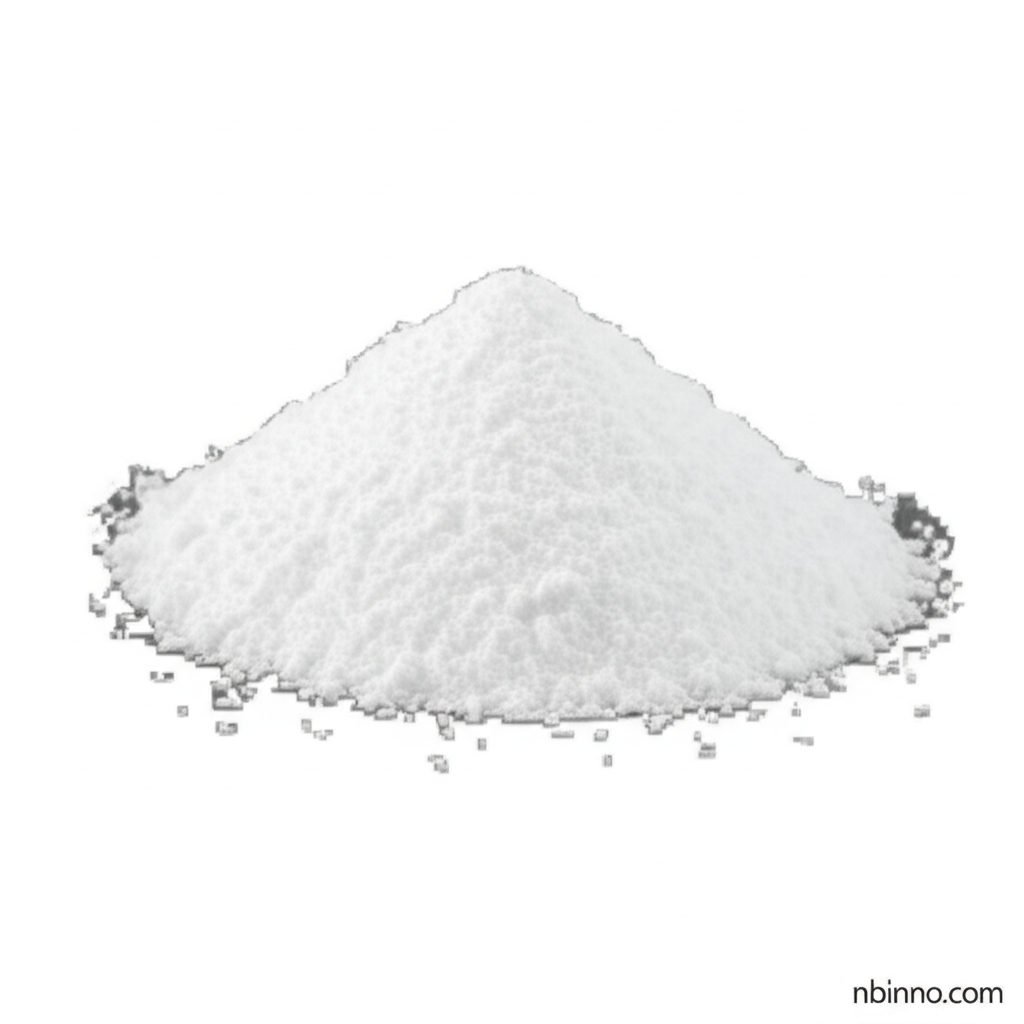Microcrystalline Cellulose: Your Key to Enhanced Formulations
Discover the unparalleled versatility of Microcrystalline Cellulose in pharmaceuticals, food, and cosmetics.
Get a Quote & SampleProduct Core Value

Microcrystalline Cellulose
Microcrystalline Cellulose (MCC) is a crucial excipient renowned for its exceptional binding, filling, and stabilizing properties, essential for numerous industries.
- Explore the powerful binding capabilities of microcrystalline cellulose in pharmaceutical applications, ensuring robust tablet formulations.
- Understand what microcrystalline cellulose is used for, from its role as a binder in tablet manufacturing to a stabilizer in food products.
- Leverage the excellent compressibility and flow enhancement offered by MCC powder, leading to efficient production processes.
- Benefit from the inert, odorless, and tasteless nature of MCC, making it a safe and versatile ingredient for diverse product types.
Key Advantages of Microcrystalline Cellulose
Superior Compressibility
The unique compressibility of microcrystalline cellulose ensures the formation of hard, stable tablets, a core benefit for microcrystalline cellulose direct compression techniques.
Enhanced Flowability
MCC powder significantly improves formulation flow, contributing to consistent tablet weights and efficient manufacturing, a key aspect of microcrystalline cellulose properties and applications.
Versatile Applications
From pharmaceutical preparations to food and cosmetic uses, the uses of microcrystalline cellulose in food and other sectors highlight its broad utility.
Key Applications
Pharmaceuticals
As a leading pharmaceutical excipient, MCC serves as a binder, filler, and disintegrant in tablets and capsules, a vital component for drug delivery, as seen in microcrystalline cellulose pharmaceutical grade products.
Food Industry
In food production, MCC acts as a dietary fiber, stabilizer, and thickener, contributing to texture and stability in various food items, showcasing the diverse microcrystalline cellulose food grade applications.
Cosmetics & Personal Care
Its abrasive, absorbent, and viscosity-enhancing properties make MCC a valuable ingredient in skincare, makeup, and hair care products, demonstrating its utility in microcrystalline cellulose cosmetic use.
Nutraceuticals
MCC is widely employed in nutraceutical formulations for its binding and bulking capabilities, ensuring consistent dosage and ease of consumption for health supplements.
